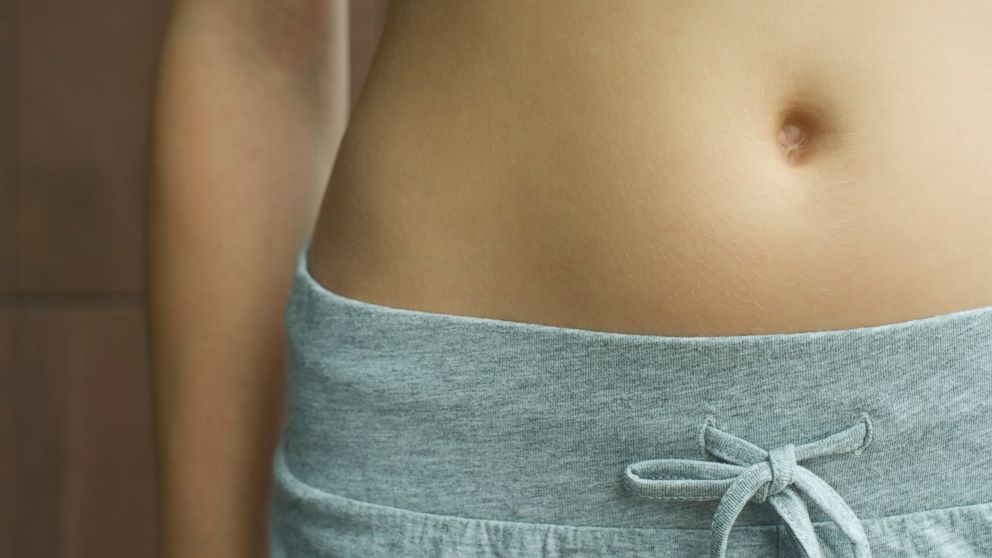Belly Button Challenge Sends Negative Body Image Message, Experts Say
The challenge is asking people to reach behind their back and touch their navel.

— -- First came the #KylieJennerLipChallenge, when teens tried to sucking on a cup or glass to get bigger fuller lips. Next, the #CharlieCharlieChallenge, when kids tried to summon demons. And now comes the #BellyButtonChallenge.
The latest bizarre trend on social media is challenging users to try and touch their belly buttons by reaching behind their back and around their waist.
The challenge is meant to show off a fit figure, according to users who completed it successfully, but medical experts are concerned the challenge is promoting harmful misconceptions about health and weight that could promote unhealthy eating.
The Belly Button Challenge reportedly started on Weibo, a Twitter-like social media site popular in China. The Mandarin hashtag of the challenge started trending Thursday night and remained a "hot" topic on Friday afternoon.
Since then, people all over the world -- including Russia, Vietnam and the U.S. -- have been uploading their attempts to reach their navels on Twitter, Instagram, Tumblr and other social media.
Many users have been wondering whether the trick to the challenge is having flexible arms or a skinny waist.
But medical experts aren't amused.
"Social media challenges like these can stoke comparison and body insecurity, especially for those struggling with disordered eating," National Eating Disorder Association program director Claire Mysko told ABC News today. "We advocate for body positivity challenges, which are empowering and encourage self-expression, not self-criticism."
Additionally, someone could have a small waist and look healthy, but their blood work could show that they're "just as unhealthy as someone who weighs 400 pounds," weight-loss specialist Dr. Charlie Seltzer told Cosmopolitan.
It's important that parents are aware the "unhealthy and negative trend," pediatric psychologist Dr. Carolyn Ievers-Landis told ABC News today. Ievers-Landis works with overweight and obese child patients at University Hospitals Rainbow Babies & Children’s Hospital in Cleveland, Ohio.
"It's concerning people are using body differences to promote possibly unhealthy eating practices or ways in which people can compare themselves negatively to others, which has been linked to depressive symptoms," she said. "It's one more indicator of 'I'm not good enough,' 'attractive enough,' or 'thin enough,' and it's harmful."





